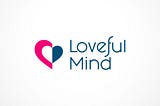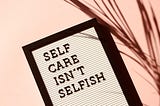Pinned

We’re an online publication for women who want to step into their whole selves and find healthy, long-lasting relationships. Visit LovefulMind.com
Sign up for Tingly Mind Community News
By Loveful Mind
Latest updates from Ellen Nguyen, the founder of TinglyMind.com Take a look.













